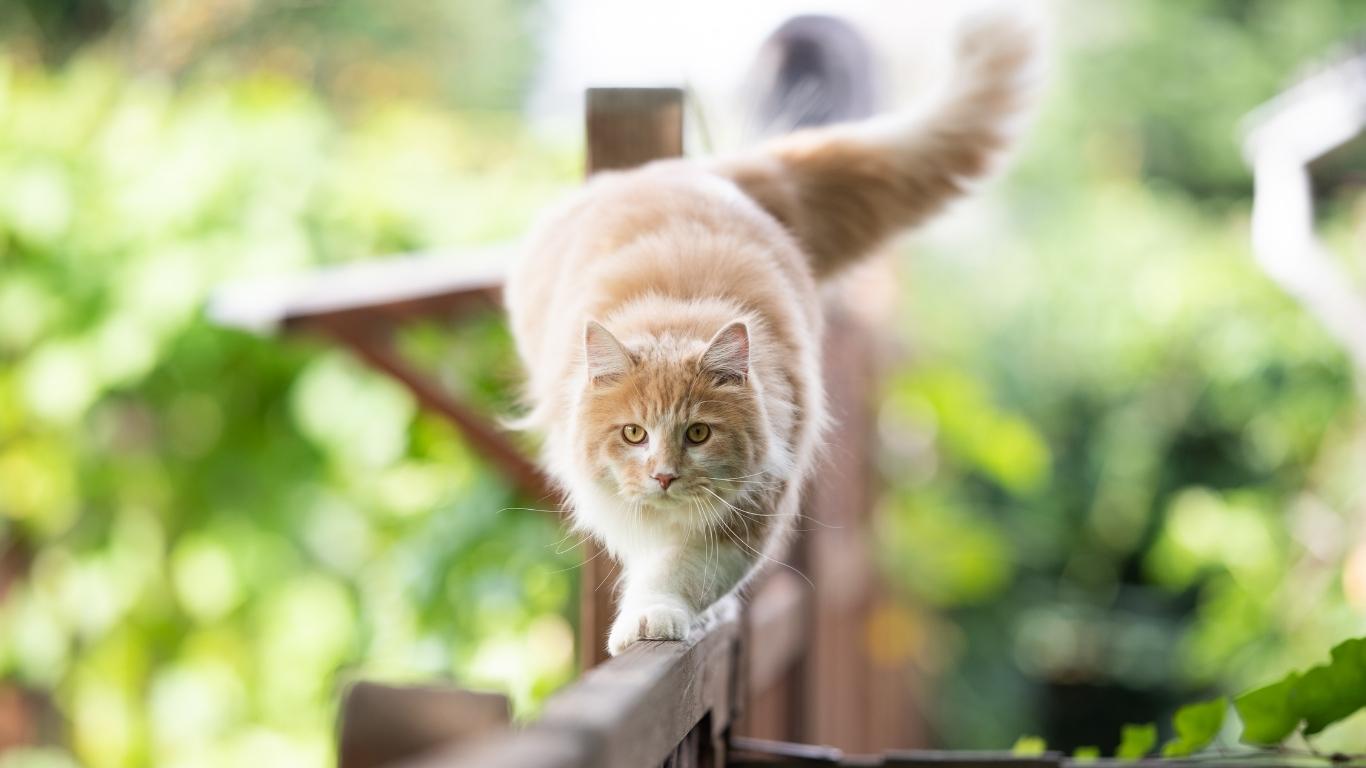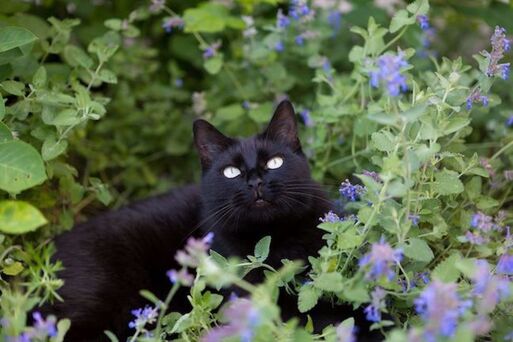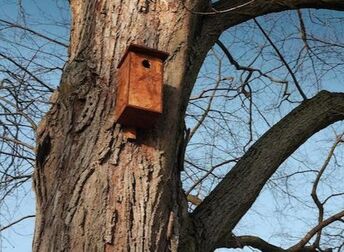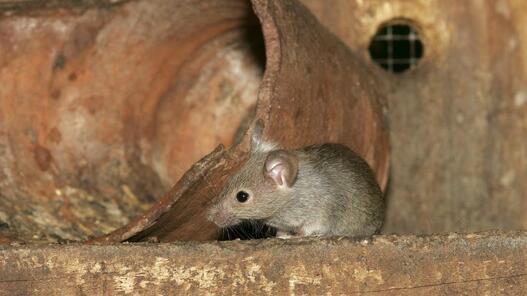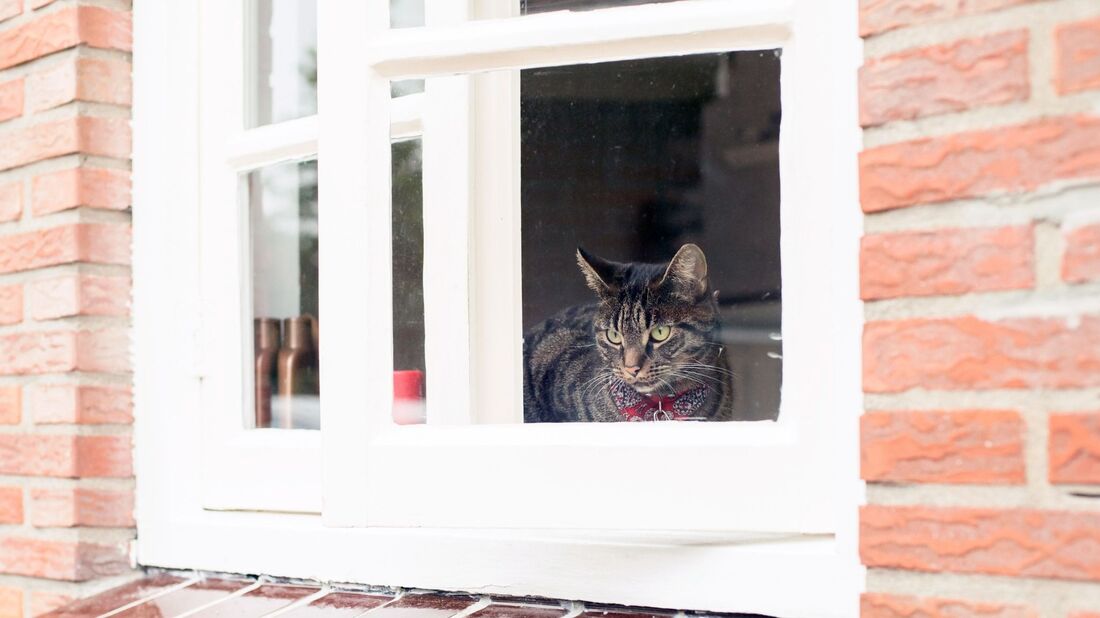How can a cat expert vet help stop cats visiting your garden or yard?
You've probably arrived on this page thinking, why would a cat-loving vet be the best person to share advice about how to deter cats from visiting my garden or yard? Well, to win any battle, you need to start by understanding the "enemy" right? So when deterring cats from coming into your garden you need to truly understand cats and why they're choosing to visit in the first place. This is a complex issue and it's little wonder why many remedies and single "quick fix" products often lead to disappointment.
Understanding what the feline offenders are thinking
As a qualified cat expert - a lifelong cat lover, award-winning feline veterinarian and author of my book What's My Cat Thinking? , I can help you with what might seem like mission impawssible. After all, I've spent my whole life living and working with cats, and teaching people how to better understand them. It's not just about how they're likely to perceive the world around them, but also their biology, instincts and what motivates them to want to spend time in the great outdoors. You're definitely going to need to know exactly what cats do not like if you're going to stand a chance at deterring them.
Fighting the tide of misinformation
I've put together a few cat facts designed for everyone who might be looking to deter cats from their garden or yard without compromising their health and welfare in the process. There's too much misinformation out there and I am concerned that those people who don't love (or even like) cats, may otherwise be easily misled by inhumane suggestions and old wives tales circulating on online forums.
Offering up cruelty-free tactics for cat haters
I think it's so important to realise that there are other logical steps to take alongside using humane deterrents or repellents. No one should need to resort to harmful poisons or toxins (eg mothballs, rat poison etc) either maliciously or out of ignorance.
Reducing frustration and public health risks
It's not just animal-haters that need help with the problem of local cats on their land though. You might actually have arrived here on this blog as an all-animal lover, feeling miffed that someone else's darn cat is lingering near your bird feeder or toileting in your favourite vegetable patch, flower bed or your kids' sandpit. This can be both very frustrating and unpleasant, as well as pose significant health risks such as Toxoplasmosis and Toxocariasis (round worms).
Minimising stress for cat lovers and their own resident cats
And then there are the cat lovers, with cats of their own that don't realise they should be actively deterring other cats from visiting them. Resident cats actually find it very stressful when other neighbourhood cats visit their personal space. The visual presence and lingering scent of a strange uninvited feline in their home or garden is very threatening and it's a major cause of anxiety and frustration for them, as well as a source of infectious disease. How would you feel if some random person suddenly appeared in your back garden on an ongoing basis and even stared in through your patio doors? Most unsettled and annoyed I'd imagine!
Keep reading to get an insight into the mindset that a cat brings to your back garden.
Understanding what the feline offenders are thinking
As a qualified cat expert - a lifelong cat lover, award-winning feline veterinarian and author of my book What's My Cat Thinking? , I can help you with what might seem like mission impawssible. After all, I've spent my whole life living and working with cats, and teaching people how to better understand them. It's not just about how they're likely to perceive the world around them, but also their biology, instincts and what motivates them to want to spend time in the great outdoors. You're definitely going to need to know exactly what cats do not like if you're going to stand a chance at deterring them.
Fighting the tide of misinformation
I've put together a few cat facts designed for everyone who might be looking to deter cats from their garden or yard without compromising their health and welfare in the process. There's too much misinformation out there and I am concerned that those people who don't love (or even like) cats, may otherwise be easily misled by inhumane suggestions and old wives tales circulating on online forums.
Offering up cruelty-free tactics for cat haters
I think it's so important to realise that there are other logical steps to take alongside using humane deterrents or repellents. No one should need to resort to harmful poisons or toxins (eg mothballs, rat poison etc) either maliciously or out of ignorance.
Reducing frustration and public health risks
It's not just animal-haters that need help with the problem of local cats on their land though. You might actually have arrived here on this blog as an all-animal lover, feeling miffed that someone else's darn cat is lingering near your bird feeder or toileting in your favourite vegetable patch, flower bed or your kids' sandpit. This can be both very frustrating and unpleasant, as well as pose significant health risks such as Toxoplasmosis and Toxocariasis (round worms).
Minimising stress for cat lovers and their own resident cats
And then there are the cat lovers, with cats of their own that don't realise they should be actively deterring other cats from visiting them. Resident cats actually find it very stressful when other neighbourhood cats visit their personal space. The visual presence and lingering scent of a strange uninvited feline in their home or garden is very threatening and it's a major cause of anxiety and frustration for them, as well as a source of infectious disease. How would you feel if some random person suddenly appeared in your back garden on an ongoing basis and even stared in through your patio doors? Most unsettled and annoyed I'd imagine!
Keep reading to get an insight into the mindset that a cat brings to your back garden.

